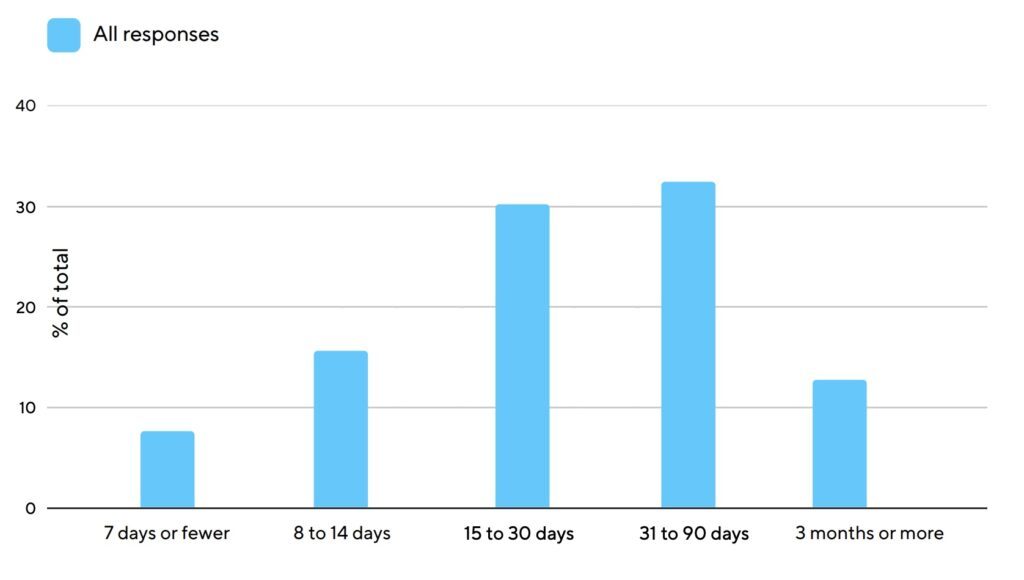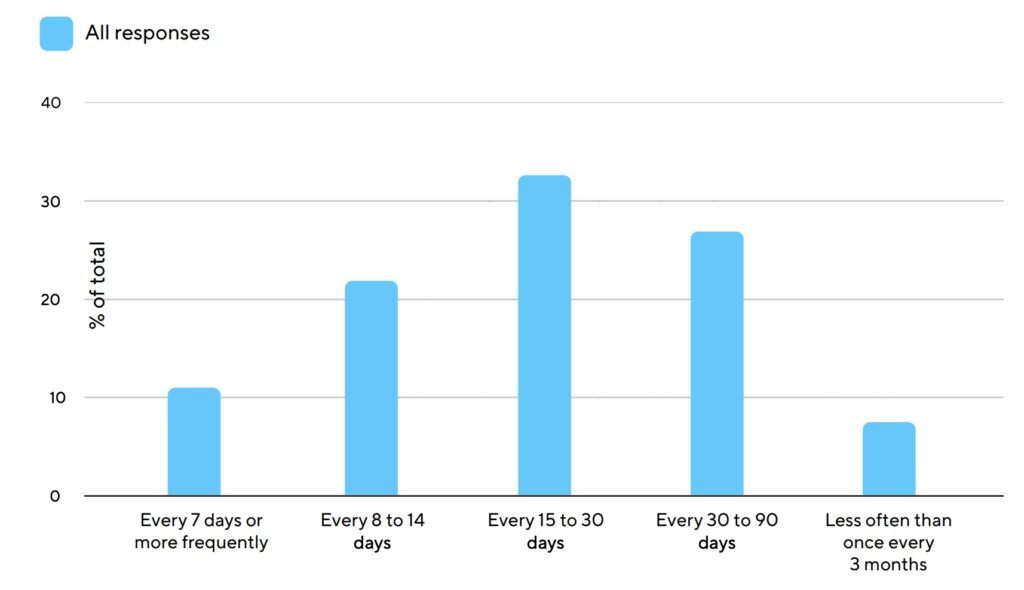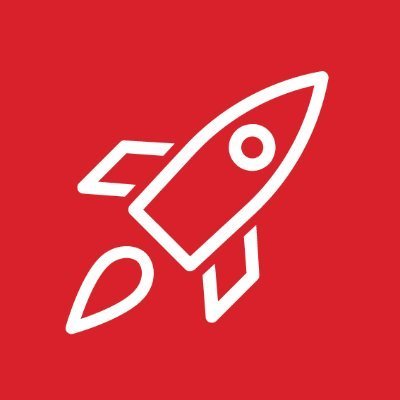In today’s fast-paced digital landscape, mobile applications play a crucial role in business success. However, a recent study reveals that a significant number of companies are falling short when it comes to releasing updates to app stores at an optimal frequency. This oversight can have a detrimental impact on their app store rankings, potentially limiting their reach and visibility among users. Let’s dive in.
Failing to release updates
A staggering 62% of companies have acknowledged their failure to release app updates frequently enough to app stores. That’s according to a new survey conducted by mobile app development platform Bitrise.
While a small fraction of companies (11%) manage to release updates as frequently as once a week, Bitrise has identified a distinct group of high performers.
These top-tier performers are characterized by their ability to release updates every 14 days or even less frequently. Comparatively, the average release frequency across all companies stands at a modest 32%, translating to updates being rolled out every 15 to 30 days.
How long does it take for a scoped feature to be deployed to the app stores?
Source: Bitrise
But what’s slowing down updates?
Maximize Your Ad Reach with ASTRAD
Harness the power of ASTRAD to optimize your campaigns and drive real results. Increase visibility and engagement with our advanced DSP tools.
Get Started NowThe approval process
A staggering 44% of companies have release approval procedures that are predominantly or entirely manual, significantly impeding their ability to swiftly deliver apps to consumers.
In stark contrast, a mere 9% have successfully implemented fully automated approval systems, enabling streamlined and efficient app releases.
App updates and releases are critical for maintaining a competitive edge and meeting user expectations, making the efficiency of the approval process a crucial factor.
How frequently do you deploy new versions of your app to the app stores?
Source: Bitrise
User expectations and performance are at odds
Despite users downloading apps, companies are struggling to engage them in a timely manner. Optimal user engagement is achieved when apps open in under two seconds. However, a mere 34% of companies are currently meeting this crucial threshold.
By ensuring that apps open within the desired two-second timeframe, companies can enhance user engagement, improve overall user experience, and ultimately increase customer satisfaction.
High-performing companies also stand out by addressing bugs within a remarkable timeframe of less than 24 hours. And yet, 75% are taking anywhere from two to 30 days to rectify bug fixes.
One solution would be the installation of robust bug tracking and resolution systems, and proactive strategies to identify and address bugs promptly.
Key takeaways
- 62% of companies fail to release app updates frequently enough, impacting app store rankings
- 44% of companies have manual approval processes, hindering swift app delivery
- Only 34% of companies meet the optimal threshold of app opening within two seconds














